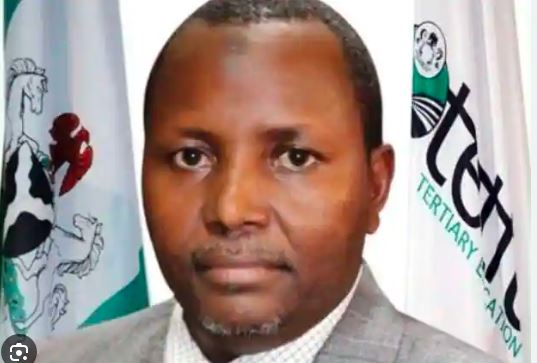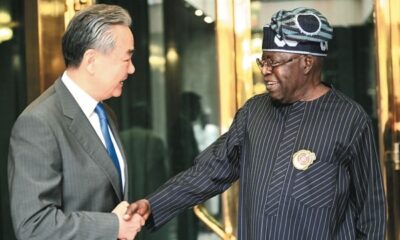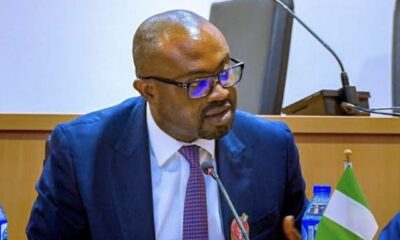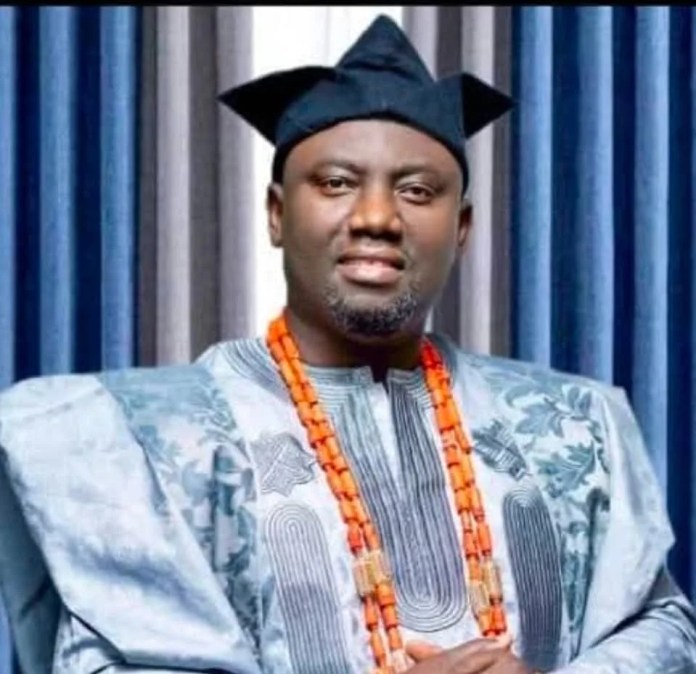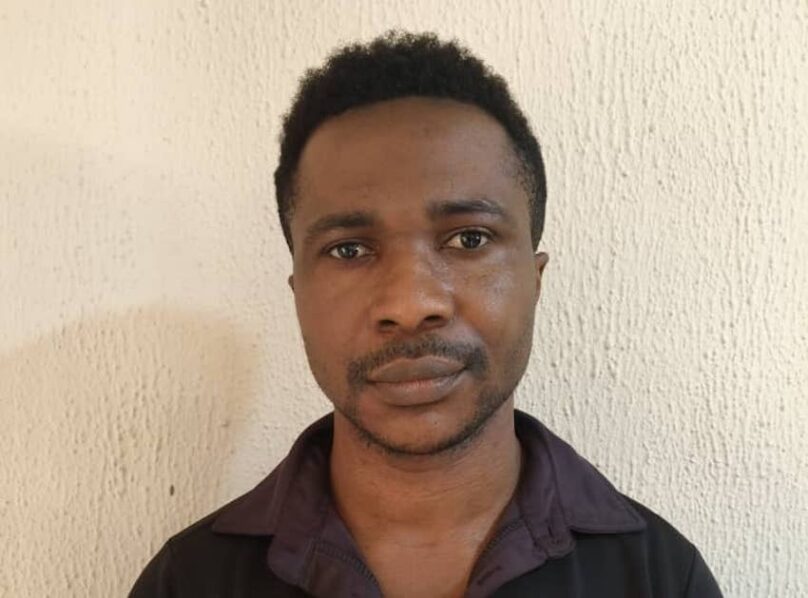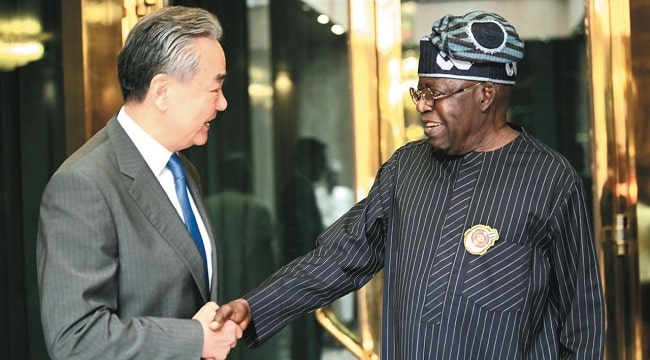The Federal Government has announced a deepening of its security partnership with the People’s Republic of China, focusing on local arms production and military training as part of a broader strategy to address terrorism and insecurity.
Nigeria’s Minister of Foreign Affairs, Yusuf Tuggar, disclosed this during a briefing at the State House after President Bola Tinubu met with China’s Foreign Minister, Wang Yi, at the Aso Rock Villa in Abuja.
Wang Yi is on a week-long tour of Africa, visiting Namibia, DR Congo, Nigeria, and Chad.
Tuggar emphasized that closer cooperation with China would help Nigeria and neighboring countries address common security threats. He noted that the goal was to domesticate the production of military equipment to avoid delays and complex regulations involved in international procurement.
The move follows comments by Nigeria’s Chief of Defence Staff, General Christopher Musa, who highlighted arms procurement as a significant bottleneck, particularly in getting timely supplies for frontline troops.
Tuggar also rejected the idea of relying on private military companies to tackle Nigeria’s security challenges, stressing Nigeria’s leadership role in West Africa’s security, especially in the Sahel region.
China’s Foreign Minister, Wang Yi, affirmed Beijing’s commitment to supporting Africa’s security, announcing a CN¥1bn military assistance package. This includes training 6,000 military personnel and 1,000 law enforcement officers across various African nations, as well as supporting the African Standby Force and rapid response forces.
China also pledged to continue backing peacekeeping operations and counterterrorism initiatives in Africa, stressing that African nations should lead their own peace and security efforts without external interference.
Wang Yi also addressed Nigeria’s request to expand the bilateral currency swap agreement, which is currently valued at $2bn. President Tinubu urged China to increase this swap to facilitate trade between the two countries. The agreement, initially signed in 2018, aims to stabilize Nigeria’s foreign reserves and reduce reliance on the US dollar.
Additionally, Tinubu pushed for an upward revision of China’s $50bn aid package for Africa, highlighting the continent’s significant infrastructural needs. He also called for China’s support for Nigeria’s bid for a permanent seat on the UN Security Council.
Wang Yi expressed China’s full support for Nigeria’s potential membership in BRICS and reaffirmed China’s commitment to contributing to the development of Africa, particularly through infrastructure projects such as railway modernization. He also welcomed Nigeria’s participation in issuing Panda bonds in China’s financial markets to further enhance economic cooperation.
Wang highlighted that China would continue to support Africa’s legitimate rights at the United Nations and back initiatives that promote long-term stability and security on the continent.
The visit follows the elevation of China-Nigeria relations to a comprehensive strategic partnership, aimed at enhancing cooperation in trade, agriculture, finance, and mutual prosperity.

 BIG STORY2 days ago
BIG STORY2 days ago
 BIG STORY4 days ago
BIG STORY4 days ago
 BIG STORY1 day ago
BIG STORY1 day ago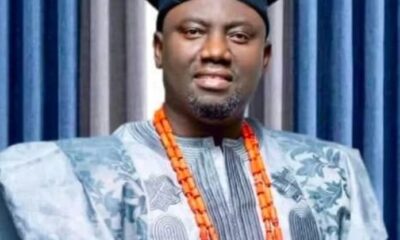
 BIG STORY7 hours ago
BIG STORY7 hours ago
 BIG STORY4 days ago
BIG STORY4 days ago
 BIG STORY3 days ago
BIG STORY3 days ago
 BIG STORY3 days ago
BIG STORY3 days ago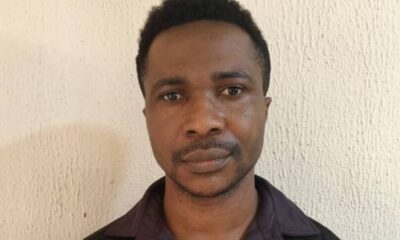
 BIG STORY8 hours ago
BIG STORY8 hours ago




